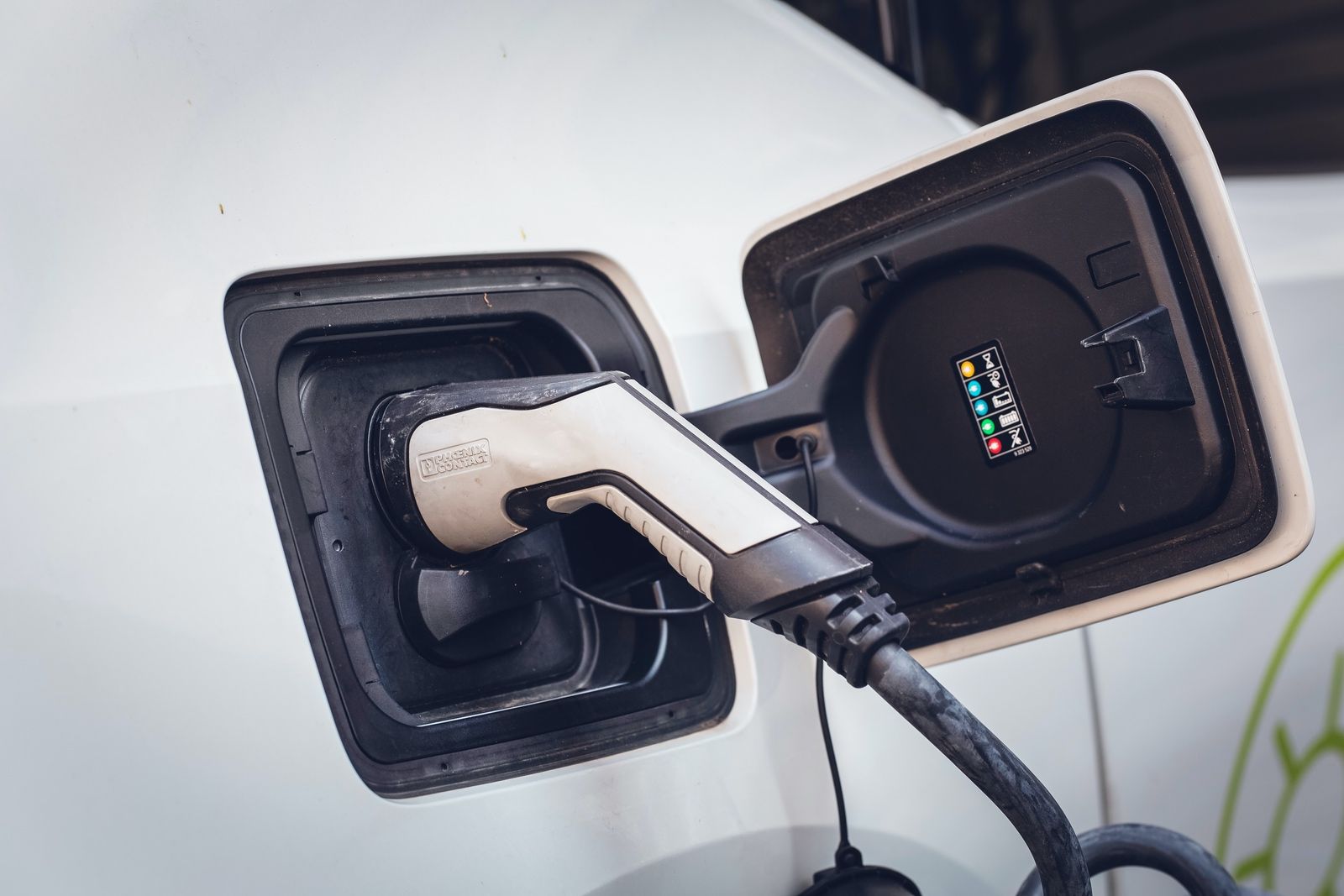The UK government is changing its plans with regard to banning the sale of diesel and petrol vehicles, after its existing timeline was criticised for being too conservative to meet the overall target of carbon neutrality by 2050.
The previous version of the ban on sales of new vehicles was planned to be in force by 2040, but experts observed that this would come too late to have a meaningful impact on the UK's carbon emissions by 2050.
It is therefore being brought forward to 2035 at the latest, according to reports. Boris Johnson will outline the plans at a United Nations event today, ahead of November's next UN Climate Summit.
That gathering, COP26, will take place in Glasgow, and is likely to attract headlines as world leaders again attempt to demonstrate that they are approaching the climate crisis with serious countermeasures.
The UK's car ban is understood to be under consideration for even earlier implementation than 2035, too, which will give campaigners hope that further ground could be made up on what still sounds like a distant goal.
The other big change in the proposals is the addition of hybrid vehicles - meaning that new vehicles sold from 2035 will have to be purely electric or hydrogen powered, with no dual-purpose side to their design. It had initially been expected that hybrids would be included in the first version of the ban, but this proved not to be the case.
In the background of this announcement, the former President of COP26, Claire O'Neill, has been talking to the media about the risks attached to Prime Minister Boris Johnson's climate promises. She was fired from the role earlier this year, and claims that the government is not serious about the climate crisis, and is instead moving to get easy wins in the media without substantive work in the background.

